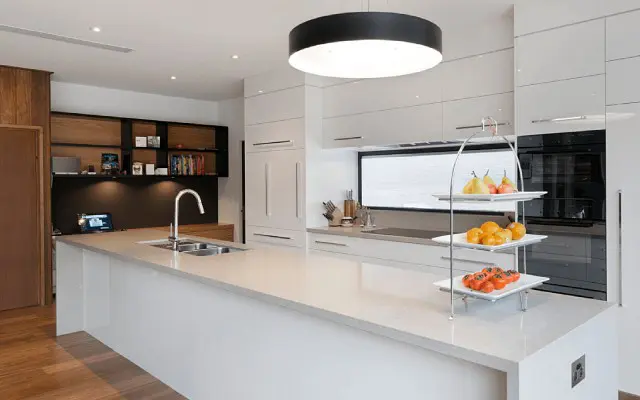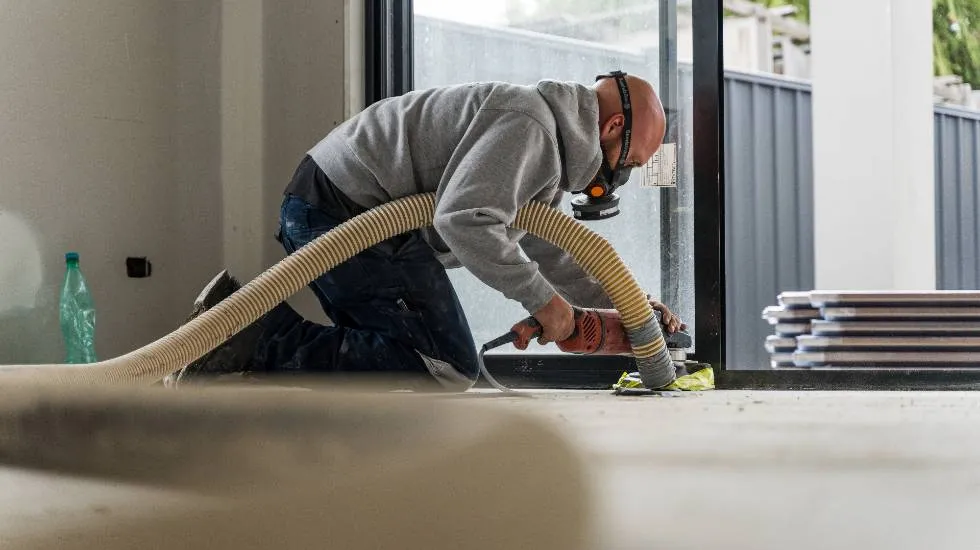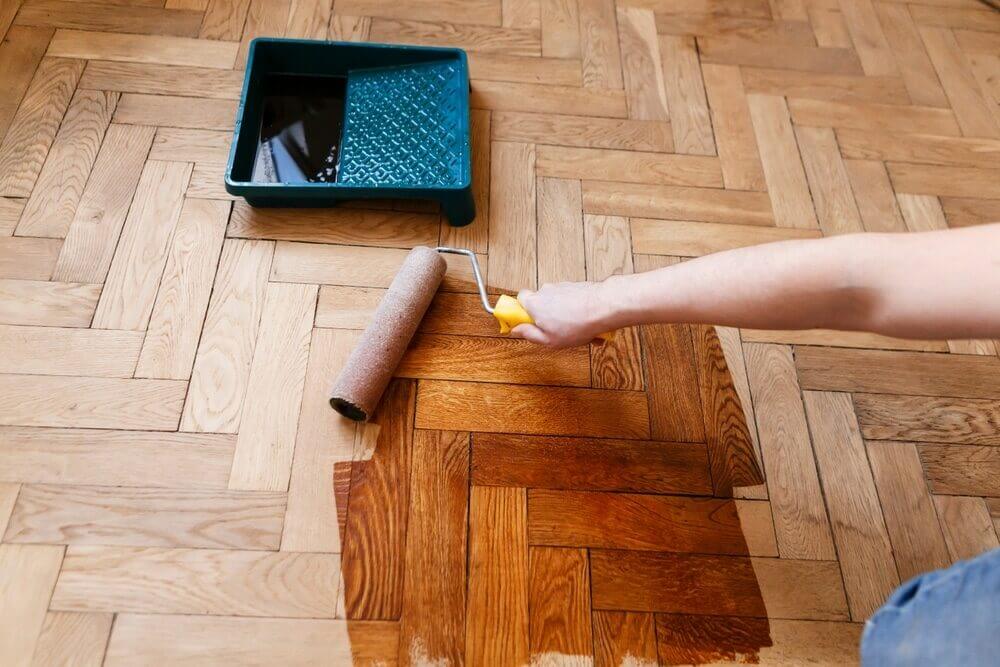Introduction
The choice of material for kitchen benchtops is crucial in terms of style and functionality. One of the most sought-after materials is stone benchtops, because they not only look good but are also very durable. In this post we will identifying some different types of stone used in kitchen benchtops and what makes each unique (or not so unique).
Granite: A Classic Choice
Granite is a resilient natural stone that is becoming more and more attractive. Depending on the minerals used when it was formed, the stone is found in many patterns and colours, so it will match different kitchen designs. With a busy kitchen in mind, granite benchtops are extremely heat and scratch-resistant. Frequent sealing keeps their shine and avoids stains.
Marble: Elegance and Sophistication
For many homeowners, there is an appeal of a classic, timeless elegance, which marble definitely can provide. Its texture is smooth with features of subtle veining. Marble is more susceptible to scratches and stains, as marble is softer than its igneous counterpart, granite. That being said, it needs some love and a seal to maintain its visual appeal. Marble has a refined beauty that belies its fragile nature, so it’s no wonder it’s a classic take if you are looking for a classier option.
Quartz: Engineered Perfection
Quartz stone benchtops are made by blending natural quartz crystals with resins & pigments. The result is a surface that’s non-porous and has a naturally smooth finish, resistant to staining and bacteria. Available in nearly every colour and pattern imaginable, quartz can imitate natural stone while being more durable. And, practical in active kitchens, this makes it a low-maintenance choice.
Soapstone: Rustic and Warm
Soapstone has a smooth, matte finish that adds rustic charm. Made mostly of talc, it feels silky-smooth to the touch but withstands heat resiliently. Soapstone develops a nice patina with age. Because of its acid and chemical resistance, it is ideal for low-maintenance enthusiasts seeking natural attributes.
Limestone: Natural Beauty
Limestone is applicated because of its natural beauty and soft, neutral tones. Creates a comforting and welcoming appearance to any kitchen design. However, it is more porous than other stone, and it will need to be sealed frequently to guard against stains. Being softer, it is more prone to scratching so should be handled with care.
Slate: Unique and Durable
Slate offers a unique, deep colored, and textured look. Slate is also practical because it is heat- and scratch-resistant, which is also practical. While no maintenance is required due to its non-porous surface, sealing occasionally can aid in prolonging its life. Slate adds character to any kitchen with its unique style.
Travertine: Earthy Appeal
Travertine, another form of limestone, gives an organic, natural look with its warm shades and textured finish. It can easily fit in any traditional or contemporary environment. While travertine has a larger void space, it can be maintained with regular sealing to protect its beauty. The more delicate surface needs a careful touch to avoid scratches.
Considerations for Choosing Stone Benchtops
There are various factors to consider when it comes to choosing stone kitchen benchtops. Think of the overall design style of the kitchen and how the benchtop will fit into it. This is essential for high traffic areas where durability is important! An insight in the maintenance requirements of each stone type can help the choice. Another factor that comes into play is budget as some stones tend to be more expensive than others.
Environmental Impact
Another consideration involves the environmental impact of stone benchtops. Quarrying natural stone is more disruptive to local ecosystems. But a lot of suppliers have a focus on sustainable practices and responsible sourcing. While engineered stones, such as quartz, provide an effective alternative with a lower environmental footprint as they comprise recycled material, while also consuming less energy for production.
Conclusion
It takes a precise combination of how the stone looks, the look and feel when it comes to wiping it down, and cost. Price: It is a hard decision to make on your kitchen benchtops. All of these stones come with their pros and cons. From granite’s timeless charm to marble’s sophistication to quartz’s practicality, knowing about these options can help you design a fantastic kitchen that looks good and acts well. If you are thinking of updating the warm, inviting atmosphere of your kitchen, then choosing from one of these types of Stone Kitchen Benchtops in Brisbane is definitely recommended.




